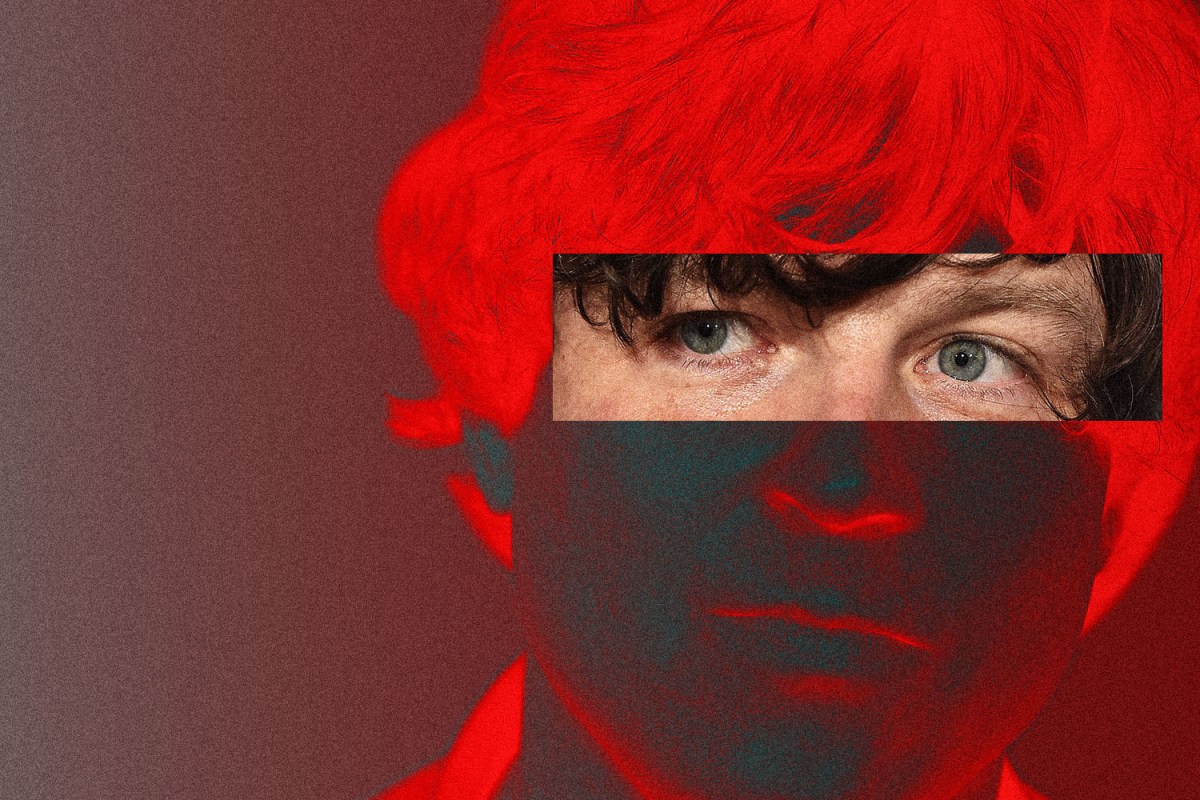It was jarring to flip past a vinyl copy of Ryan Adams’ 2020 album Wednesday recently in the “new arrivals” bin at the local record store — jarring because who would have thought that Adams would release a new album in 2020, or that record stores would stock it?
If he’s not quite a pariah in the mode of, say, former film producer and convicted rapist Harvey Weinstein, Adams is problematic, to say the least. He’s caused significant damage to his career as an acclaimed singer, songwriter and producer, to say nothing of the other lives and careers he’s harmed along the way. Following allegations in 2019 of sexual misconduct, the singer scrapped plans to release three albums, canceled tour plans, issued a pro-forma “sorry if I hurt anybody but that’s not how it happened” non-apology/denial, and went dark on social media for a while.
Then he came creeping back.
He released Wednesday last December, with little more than a tweet letting his followers know it was available. Adams returns this week with another new LP, Big Colors. Both albums were among the trio that he had intended to release in 2019, before the New York Times reported in February of that year that he had “dangled career opportunities while simultaneously pursuing female artists for sex.” The story was based on the accounts of seven women, including his ex-wife Mandy Moore and the artist Phoebe Bridgers, who described how Adams could become “domineering and vengeful, jerking away his offers of support when spurned, and subjecting women to emotional and verbal abuse, and harassment in texts and on social media.” One woman said she was 15 when Adams initiated explicit sexual conversations, prompting an FBI investigation that didn’t ultimately result in charges.
Adams was quiet for about five months after the Times story. When he broke his silence, it was mostly innocuous: lots of cat pictures on Instagram and shout-outs to friends and influences on Twitter. He hinted at remorse in an early Instagram post that featured part of his song “I Love You and I’m Sorry,” but undercut himself on Twitter with a link to a video for “The Mob Rules,” a Black Sabbath song from the Ronnie James Dio era. The track features this refrain: “If you listen to fools / The mob rules.”
Another Instagram post teased the possibility of an explanation when Adams wrote, “I have a lot to say. I am going to. Soon. Because the truth matters.” (He never followed up.) Farther down, he added, “Believe Women. Believe Truth. But never give up on being part of solutions, and healing.” Those words were at odds with a text exchange his then-manager, Ty Stiklorius, briefly posted on Instagram, in which Adams wrote, “I want to work and move on. I’m not interested in this healing crap.”
So, which is it?
The answer matters. Without the “healing crap,” it’s hard to see what redemption looks like for Adams. Without redemption, he’s just another toxic asshole who’s sometimes good at writing songs, and there’s no shortage of those. Yet venerating people like that for their talent minimizes the harm they’ve caused to others in service of their own narcissism — especially in the case of someone like Adams, who used his talent as a lure.
In a July 2020 statement to the British tabloid the Daily Mail, Adams wrote about how badly he feels for having “mistreated people,” noting that he was (again) getting sober and that he’d been taking a hard look at his life. “I hope that the people I’ve hurt will heal. And I hope that they will find a way to forgive me,” he wrote. It’s telling that he didn’t mention by name any of the people he’d mistreated, or how he mistreated them. Mostly, he wrote about himself and, as my colleague Bonnie Stiernberg noted here last year, he made sure to mention that he’d written a lot of songs about his travails.
The statement was as much public accountability as Adams has taken, but it falls short of being comprehensive in a few key ways, says Meenakshi Gigi Durham, author of the forthcoming book MeToo: The Impact of Rape Culture in the Media and a feminist media scholar at the University of Iowa.
“I’m not sure that public statement to the Daily Mail was sufficient to indicate that there will be some shift in Ryan Adams’ behavior,” Durham tells InsideHook. “It is very focused on himself, and maybe he has to start there, but he doesn’t really apologize for his actions, he doesn’t mention the women, and he doesn’t mention the steps he’s going to take to change.”
Of all the things he’s said since the Times story, one of them, at least, rings true: Adams wants to work. He’s always been prolific, writing and recording songs so quickly that no record company release schedule could keep pace. But for all the talk in our culture about separating the artist from the art, that’s just not possible with Adams: they’re intertwined. “There is no separation there, between the art and the artist, if these men were using the art as a pretext for assaulting or abusing women,” Durham says.
Given his relentless focus on himself, all those lovelorn songs he’s written have come to look less like expressions of heartache and more like tuneful gaslighting intended to portray the victimizer as a victim at the mercy of women with fickle emotions. It’s kind of like making a play for public forgiveness through Britain’s trashiest newspaper without bothering to privately make amends to your ex-wife.
And there’s the rub. For all his ability as a musician, for all those songs that mean something to so many listeners, continuing to support Adams’ music sends the message that because he’s good at his job, he can get away with abusive, exploitative, predatory behavior.
Except he can’t get away with it — not really. Adams’ career now is a shadow of what it was at the end of 2018. But it doesn’t have to be. “All my life I’ve longed for forgiveness,” he sang on “Peaceful Valley,” from his 2005 album Jacksonville City Nights. Just as 12-step programs prescribe accountability as part of staying sober, there can be accountability in becoming an ally. If he actually did the work by taking real responsibility for the harm that he’s done and demonstrating, publicly, his commitment to change, Adams might find a measure of what he’s spent so long looking for.
If he’s not willing to do the work — for the women, for his fans and for himself — well, he’s not worth the trouble.
This article appeared in an InsideHook newsletter. Sign up for free to get more on travel, wellness, style, drinking, and culture.
























